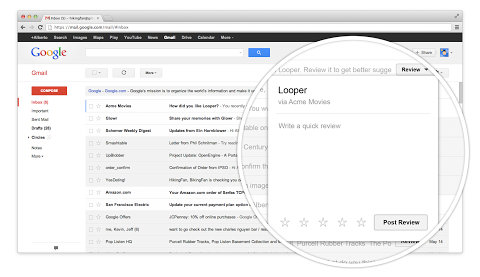It’s been a few times already that I heard the argument that “black people made no contribution to computer science“. I’ve also heard a few alternative versions, which were less or more specific, varying from “African blacks” and “no innovations“, to “black women” and “no contribution to science“.
Depending on the overall direction of the discussion, variation of the argument, and sensibility of the opponent, it can be very easy or rather impossible to reason. For example, an argument like “there is not one black programmer in the world” is pretty trivial to destroy. There are at least a few respectable Perl Monks of the black race. Over the last few years, I personally have been in contact (IM, email, phone) with a few black programmers and system administrators. On the other hand, a request for a name or a biography of a black computer scientist might be much harder. I am not very good with names and biographies, and I don’t know many scientist by name at all. Picking representatives of a certain race using my own memory is close to impossible.
So, I asked The Mighty Google for a few names and biographies, and it replied. Here are a few links that I picked from the results:
I have to admit that I was a little bit surprised by the low number of results. Finding the above weren’t very easy. Also, many links were very outdated. Sometimes I’d come across a quote that slowed me down before I could “sink it in”. Here are a couple of such examples:
one quarter of one percent (.25%) of computer scientists are black
from the “Computer Scientists of the African Diaspora” page, which seems to be from the 1990s.
Throughout the United States, there are only 32 African-American computer science (CS) professors.
from the “A Model for Department Diversity” article, which was posted in 2004.
I think that the above references are enough to convince any sane person that both science and innovation have benefited from black people. Whether the benefits were to the same degree as those of the other races is a totally different question. I am not going to debate it now, but perhaps I will come back to it later.
(NOTE TO MYSELF for when and if I do: consider that most computer science innovation is happening in the USA [obviuos, but citation needed], and that black people make only about 12% of the USA population [Wikipedia]. )

